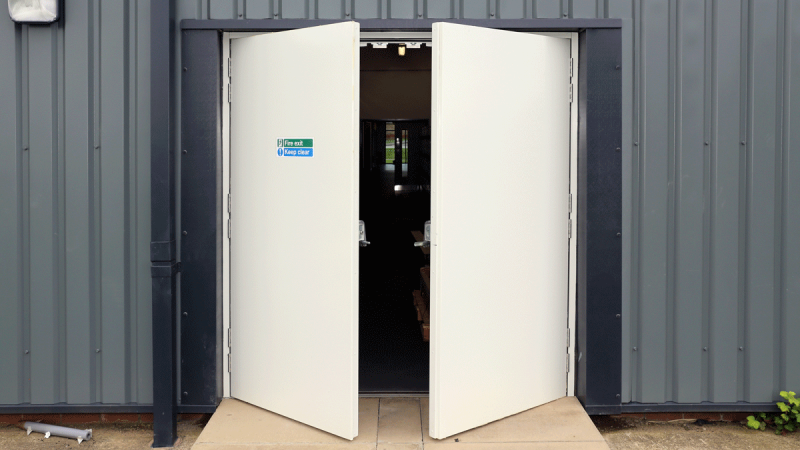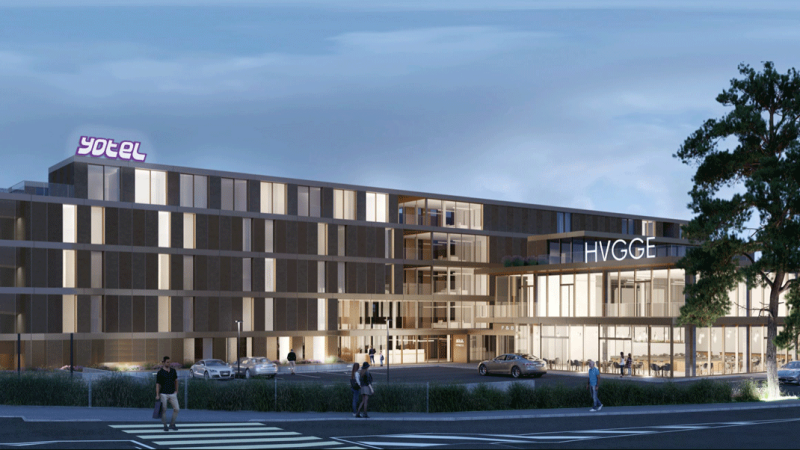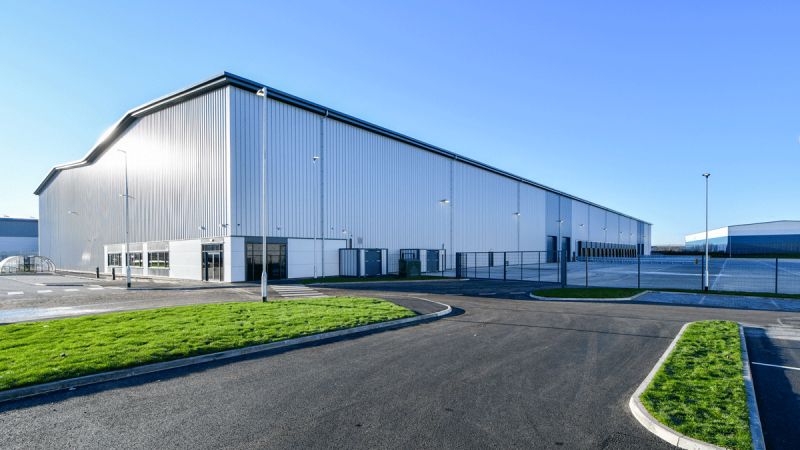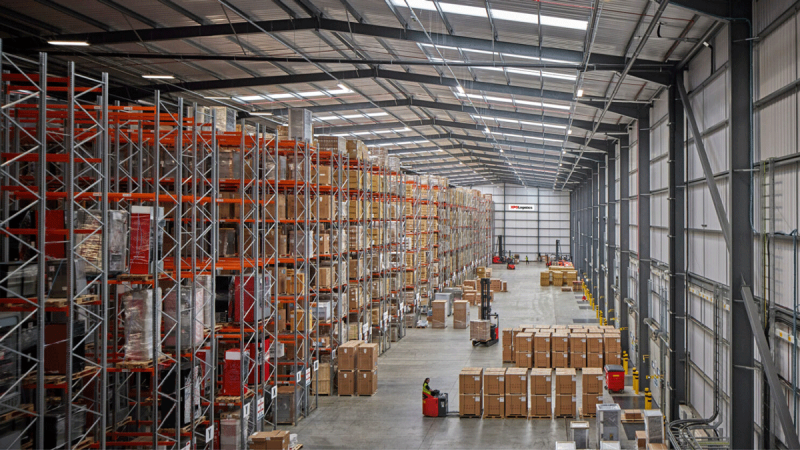Ependion is a Swedish company, listed on the Stockholm Exchange and headquartered in the city of Malmö in the south of Sweden. But while it is a proudly Swedish company, it has a truly international reach, with its team of 1,000 employees overseeing the company’s presence in 19 countries. Consisting of two entities, Beijer Electronics and Westermo, the group develops and manufactures its own products as a Group, selling them on a consultative basis to industrial customers supported by deep domain knowledge of a range of sectors.
“We provide high quality, robust products to customers with high demands on the reliability and quality of our products,” Jenny Sjödahl, the Group CEO of Ependion, tells us.
A Story of Two Halves
The Westermo business entity focuses on providing robust industrial data communication products such as switches and routers, used to build resilient industrial networks.
“We target customers with mission-critical networks that need to function under all circumstances in harsh environments, whether they are very cold or very hot,” Sjödahl says. “We are focused on robustness, reliability, and high quality, selling to customers willing to pay for that robustness and that quality.”
 The other side of the business, Beijer Electronics, provides HMI software and operating terminals to machine manufacturers to install in their own machines. The business entity provides the machine interfaces the operators will rely on, creating products which can communicate with a range of different equipment from a host of automation vendors.
The other side of the business, Beijer Electronics, provides HMI software and operating terminals to machine manufacturers to install in their own machines. The business entity provides the machine interfaces the operators will rely on, creating products which can communicate with a range of different equipment from a host of automation vendors.
“Customers are using our easy-to-use iX software to build applications that customise the operator panels to their particular needs,” Sjödahl points out.
Robustness is a watchword for Ependion, and in recent times it has needed to be. Over the last few years, the global electronics industry has been seeing huge supply chain issues, particularly around semiconductors.
“The situation with semiconductors has been really bad in 2021 and 2022,” Sjödahl observes. “We have been affected by the supply crunch in the semiconductor industry. There has not been enough capacity to produce the chips and semiconductors we need. A lot of deliveries have been delayed by three months, six months or even a year. A lot of components have been set in the last-time-buy status, meaning the manufacturer puts components end-of-life much earlier than previously communicated.”
Ependion was quick to search for a response to this crisis. Sometimes this has meant taking some of its products back to the drawing board.
“We had to redesign many of our boards to move away from critical components. We have been purchasing components on the so-called spot market to cover these gaps but it has been difficult to do because the equipment we are using is not considered the highest priority,” Sjödahl says. “That has been very challenging.”
Despite attempts to mitigate the situation as much as they can, the shortage has affected Ependion’s delivery capability, particularly in Westermo’s product range. This is mainly because of the complexity of Westermo’s products.
“The specifications are tough, and the environments are harder than most components were made for,” Sjödahl says. However, it is those very specifications that give Ependion its competitive edge.
As Sjödahl tells us, “In Beijer Electronics we have managed the situation overall well and we have even won orders in the business entity from competitors because of our ability to keep up our delivery capability despite component shortages.”
Innovation Through Partnership
Ependion’s ability to adapt to changes in the market and supply is possible because of the culture of innovation nurtured within the company. The ability to learn, train and solve new problems has been important for attracting new talent at a time when recruitment is a challenge.
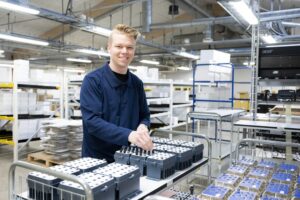 “Our main development centres in the Group are in Västerås for Westermo and in Malmö for Beijer Electronics,” Sjödahl says. “These are our engineering and R & D centres. Over the last couple of years, it has been challenging to recruit talent. We have been working on our brand recognition and have made ourselves an attractive employer, working with trainee programmes and universities.”
“Our main development centres in the Group are in Västerås for Westermo and in Malmö for Beijer Electronics,” Sjödahl says. “These are our engineering and R & D centres. Over the last couple of years, it has been challenging to recruit talent. We have been working on our brand recognition and have made ourselves an attractive employer, working with trainee programmes and universities.”
Across both of the entities that make up Ependion, innovation has always been a key priority and part of the company’s identity, and when times are challenging, that becomes a focus for the business.
“As a group we are spending a lot of resources on R & D. We are an innovative company, spending 10% of our sales on developing new product offerings. That is why our customers want to work with us,” says Sjödahl. “We are often in partnership with our key customers, constantly developing new technologies. That strengthens our product portfolio and the R & D organisations in the company.
That culture of innovation grows and prospers through teamwork, both between Ependion’s own staff and between Ependion and its partners.
“We have a long-standing partnership with Bombardier Transportation now merged with Alstom. That is our biggest customer today who we have worked with for over 15 years,” Sjödahl says. “We are constantly evolving our knowledge and product range. We are developing new functionality together with our customers. It is a good way of innovating and developing together because you know that what you are developing is what the customer wants. It means there is a real demand for that technology.”
With that growing demand and Ependion’s own culture of innovation, Sjödahl remains optimistic about the Group’s future, come whatever challenges it might face.
“I believe that we are well positioned as a group and a company in markets that are growing,” Sjödahl tells us. “That growth is driven by strong global trends. We have a strong offering across both our entities to serve customers in these sectors. We are working in rail, energy, marine, infrastructure, and manufacturing, and all those markets will be growing this year. The future is looking positive for us.”

